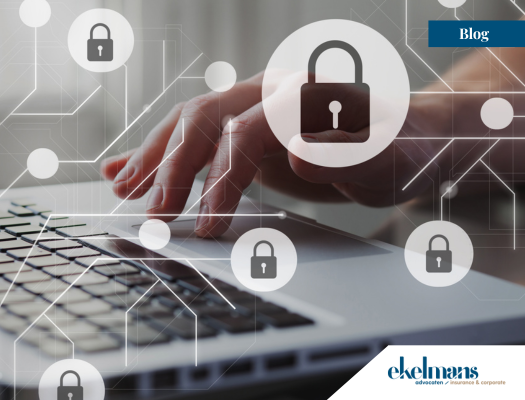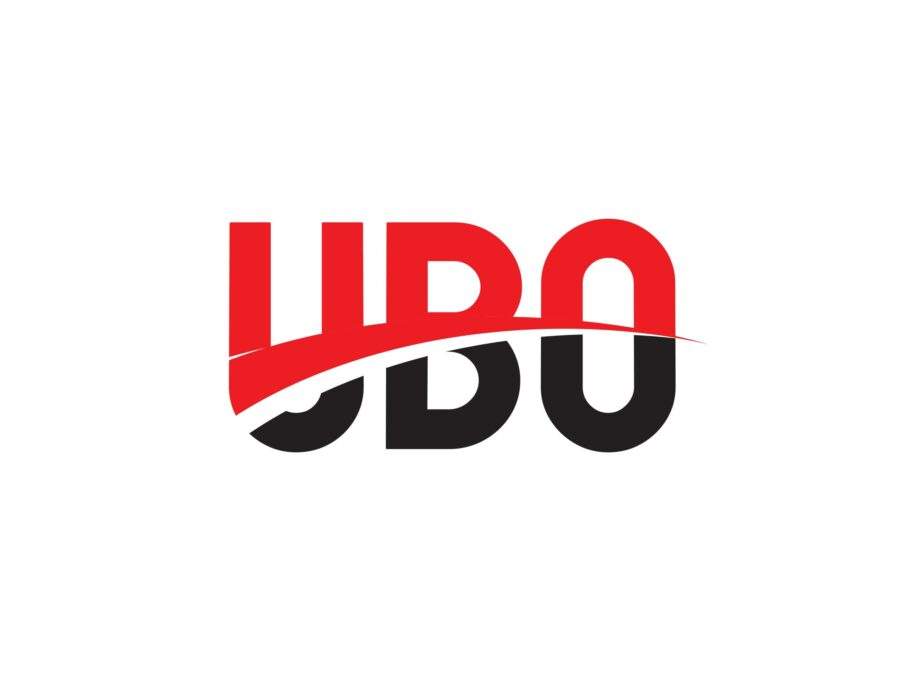
Privacy and cybersecurity advice
Data, both personal and business data, are your organisation’s crown jewels. It is important to use data commercially in the best possible way while at the same time complying with regulations AND securing your network and information systems. The lawyers at our Data & Cybersecurity Desk advise you on innovative use of data within the rules of data protection and ensuring cybersecurity in your business.
Privacy
Your organisation processes personal data on a large scale. You need data for your primary business processes and at the same time you want to comply with all regulations concerning personal data protection. These two interests are sometimes difficult to reconcile.
In many processes, the use of (sensitive) personal data is indispensable for your own business operations, to provide a good service to your customers and to develop new products and services.
Expert advice on personal data protection
The legislation governing these processing operations is complex, especially when it comes to special personal data. You must comply with the strict obligations of the General Data Protection Regulation (GDPR) and the Dutch General Data Protection Regulation Implementation Act (UAVG), sectoral regulations and your industry’s codes of conduct. Financial institutions, such as insurers, also have to deal with the Financial Supervision Act (Wft) and far-reaching Know Your Customer (KYC) obligations.
Even when applying innovative technological developments such as Artificial Intelligence (AI), digital identity, Self-Sovereign Identity (SSI) and synthetic data, your organisation has to deal with privacy rules and European Union regulations, such as, for example, the AI Act.
As an employer, you also have a responsibility to handle your staff’s data properly, for instance in case of screening or monitoring of your current, former or prospective employees.
The lawyers at our Data & Cybersecurity Desk will help you find the solution to make the best commercial use of personal data while safeguarding the privacy of those involved.
Personal data indispensable for business operations
Network and information
systems indispensable for business operations
Cybersecurity
Digital transformation is leading to an expansion of cyber threats. The risk of a cyber attack is real, resulting in business downtime, financial loss and reputational damage.
You also run the risk that, in the event of a cyberattack, company data and personal data could end up in the wrong hands. Even if you already have your organisation well set up when it comes to information security and privacy, your organisation will run into complex questions. Especially now that you are facing a range of new legislative initiatives from the European Union, such as the Network and Information Security 2 Directive (NIS2), the Digital Operational Resilience Act (DORA) and the Cyber Resilience Act (CRA).
These regulations bring far-reaching new obligations. Obligations that not only affect your organisation, but also make you personally liable as a director.
All-round legal advice on cybersecurity
Our cybersecurity experts are happy to think with you about the impact of cybersecurity on your business operations and help you implement cybersecurity legislation in your organisation.
Among other things, we provide recommendations for implementing risk management measures and carrying out risk assessments within your company. We help you meet reporting requirements and provide assistance in cyber incidents. Our Data & Cybersecurity Desk provides all-round support that optimally safeguards the interests of both your organisation and you as a director.
Broad expertise: (inter)national knowledge network
The Data & Cybersecurity Desk has an extensive track record. Our clients include financial institutions, medical care providers, (health) insurers, fast food chains, leading industry organisations and large employers.
International network
Our membership of two international networks of law firms (Legalink and ILG) allows us to move quickly even on cross-border issues and connect you to experts abroad.
(In-house) presentations and customised workshops
Moreover, we are happy to share our knowledge. Besides providing concrete assistance, we can provide tailor-made (in-house) presentations for your organisation on various privacy and cyber issues and the possibilities of using innovative developments to optimise the rewards of your data use.
(Inter)national knowledge network
If you have a query or would like to know more,
feel free to contact us. We will be happy to help you. If you fill in the contact form, we will phone back. Of course you can also contact one of our specialists directly.








